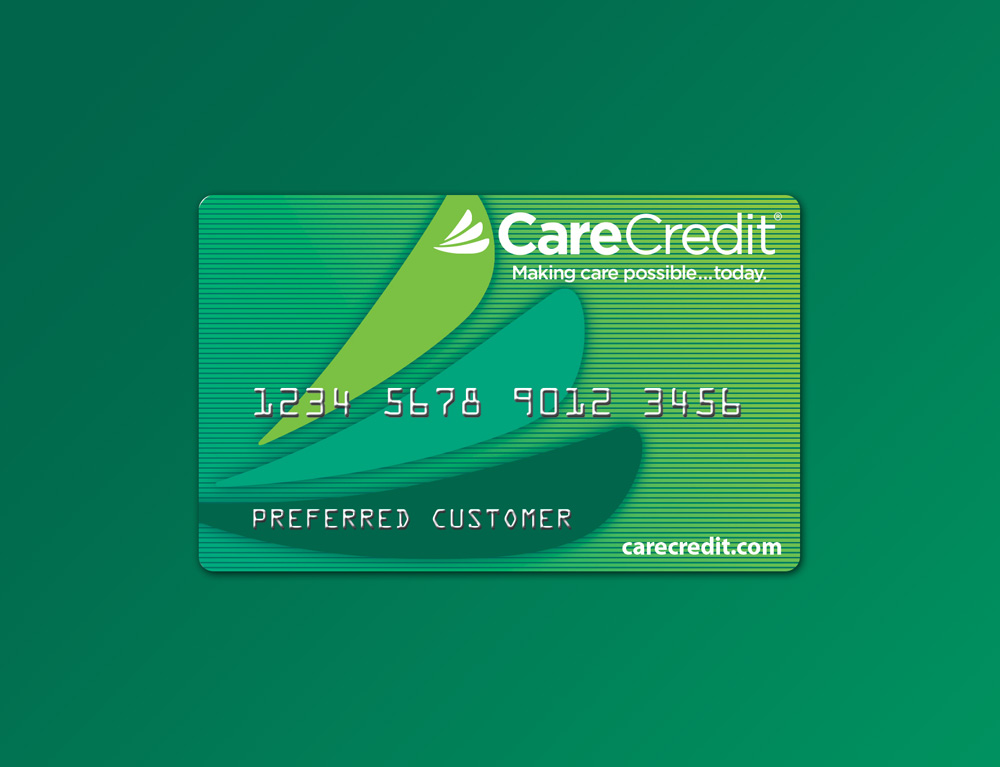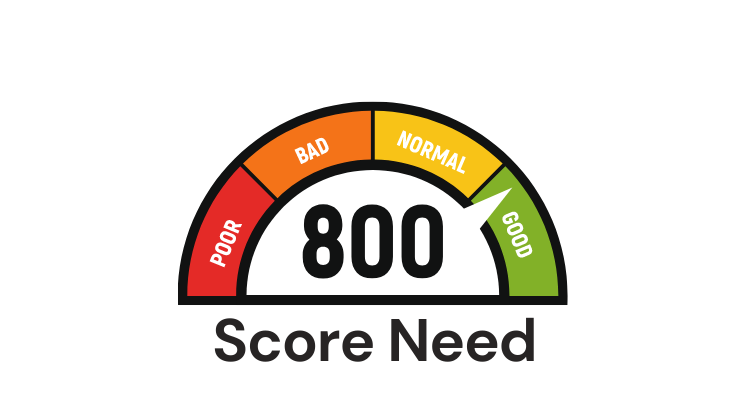
When you’re hit with a hefty medical bill, it can feel like a punch in the gut. But, have no fear! Care Credit is here to save the day, helping you manage those expenses with a dash of ease. But the question that remains on everyone’s lips is, “What credit score is needed for Care Credit?” We’re going to clear up this mystery and more in this thorough guide. So, grab a cup of coffee, and let’s get started!
Understanding Care Credit: A Superhero for Your Wallet
Before we delve into the credit score needed for Care Credit, let’s get to know our superhero a little better. Care Credit isn’t your everyday financing option; it’s a specialized healthcare credit card. This means it’s designed specifically to cover health and wellness-related costs. It’s like a knight in shining armor, rescuing you from the dragon of high medical expenditures.
Here’s a brief rundown of services you can potentially cover using Care Credit:
- Dentistry
- Dermatology
- Eye Care
- Hearing Care
- Even veterinary costs for your beloved pets!
How Does This Hero Operate?
Now that we know who our hero is, let’s understand how it operates. Care Credit functions like a store credit card, meaning you can only use it at specific locations – in this case, participating healthcare providers. You can apply for a Care Credit account at a participating provider, or if you’re more of an online person, you can apply for Care Credit online.
Once your account is open, you can use it to pay for eligible services. Simply tell the provider you’re using Care Credit, swipe the card or provide the account number during checkout, and voila! Your costs are covered.
One of the fantastic perks of Care Credit is its short-term, no-interest financing options. This means if you pay off your balance within a specific time, you don’t have to pay a penny in interest. However, if you don’t manage to pay off your balance in the allocated time, be prepared to face a high-interest rate. As of August 2022, the regular APR for new accounts stands at a whopping 26.99 percent.
So, What’s the Magic Number? The Credit Score Needed for Care Credit
This is the moment you’ve been waiting for. Drumroll, please… The truth is, Care Credit doesn’t advertise a specific minimum credit score to qualify. However, some anecdotal evidence suggests that scores closer to 600 might be acceptable.
Having a credit score of 620 or higher is generally recommended if you want to maximize your chances of approval.
Care Credit is known to be less stringent with credit scores than many other lenders. Its approach is similar to retail credit cards, which usually have lower requirements in regard to credit scores.
If you’re worried that your credit score might not make the cut, you can go through the prequalification process online. This process allows potential borrowers to get an initial decision in mere seconds, without impacting their credit score.
Application Process for Care Credit
If you’re keen on applying for a Care Credit account, the process is pretty straightforward. You can apply during your visit to a participating provider, or you can apply over the phone at 1-800-677-0718. But the easiest option for many is to apply online.
The application process isn’t very different from applying for any other credit card. You’ll need to provide your contact information, personal details, income data, and housing information. After reviewing your application, CareCredit will make a lending decision. If you’re approved, you can get your account number immediately, allowing you to use the account to handle qualifying costs right away.
Should You Opt for Care Credit?
Deciding whether Care Credit is a good option for you depends on a few factors. Can you pay off the balance owed before any promotional periods expire? Can you afford to take on new debt? It’s important to remember that applying for Care Credit impacts your credit report and score as applying for any other credit card would.
If you’re planning to secure other types of financing in the near future, make sure the impact of the Care Credit application doesn’t alter your long-term plan before proceeding.
What Are the Alternatives?
While Care Credit is a great option, it’s not the only way to cover medical costs. Depending on your current medical insurance, you might be able to use a health savings account (HSA) or flexible spending account (FSA). These plans allow you to contribute to a tax-advantaged plan that you can use to cover qualifying healthcare expenses.
If you’re worried about paying off the debt before the promotional period ends, personal loans could be an alternative. These loans have a fixed interest rate and a defined repayment plan, allowing you to know exactly what you owe and when you’ll have the debt fully paid off.
The Final Word on the Credit Score Needed for Care Credit
In conclusion, while there isn’t a fixed credit score needed for Care Credit, a score closer to 600 could potentially get you an account. However, remember that your credit score isn’t the only factor that Care Credit considers during the application process.
So, if you’re facing high medical costs and you’re confident about responsibly managing your debt, Care Credit could be the superhero for your wallet. Just be sure to understand the terms and conditions, and make a plan to pay off your balance before any promotional periods expire.
